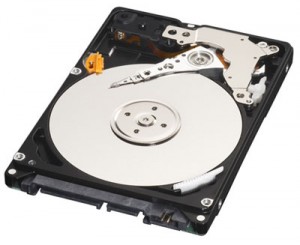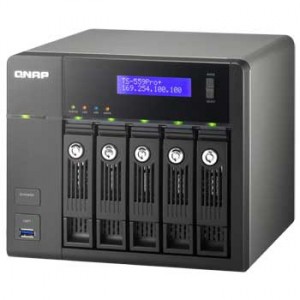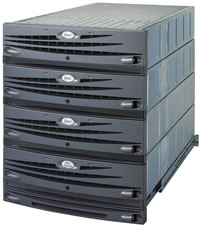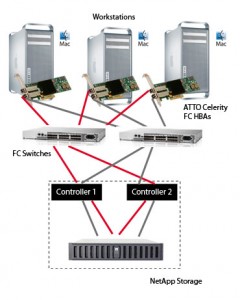So many Acronyms , and people find it really hard to memorize all these computing industry acronyms or alphabet soups as some one said. Anyway here we are going to discuss about three alphabet soups that is normally confusing a typical infrastructure professional when it comes to the storage solutions .
As far as the data storage is concerned , hard disk is the primary online storage solution from the early days of computing . Here we are discussing three terminologies associated with hard disk data storage .
DAS – Direct attached storage
The normal method of data storage used by your typical machine . The hard disk is attached too your machine by means of a direct connector on your mother board or through additional add on cards. We are using normal IDE , Serial ATA or SCSI technologies for interfacing the hard disk . The kind of data transfer on these systems is known as Block level data transfer.
We are using DAS for a normal desktop systems and entry level servers because it is cheaper to implement and maintain . But this technology limit the data storage to individual machines and any issue with the local system will affect the data on the system also .
NAS – Network attached storage
this concept is different from DAS because your data storage is located on the network. Even though NAS devices are available as a stand alone box that connects to the network , they are just customized machines loaded with file services like NFS or CIFS . ie if you are accessing a file server over the network and using the network share , it can be considered as a NAS.
If a company is using a dedicated NAS devices as shown above , it means that these devices contain an embedded stripped down OS and equipped with a RAID controller for improved hard disk performance and multiple network cards for fault tolerance . You can also use a regular computer loaded with operating systems like Free NAS for achieving similar result.
NAS is using file level data transfer compared to the block level data transfer in DAS . The issue with the NAS devices is that you can not make NAS as your prime data storgae device as you need to boot from a local harddisk to access the NAS. So you need a DAS , boot to the local OS and then access NAS. so NAS will be best suited in situations where you need a central storage repository for your Data.
SAN – Storage Area Networks
So what if you need the functionality of the DAS like block level transfer and boot from the hard disk option and still need the flexibility and security of a NAS , then your trivial option will be a SAN.
a SAN is also a dedicated computing equipment loaded with many hard disk and RAID functionality but the main difference from SAN is that it attached to the system using the SCSI commands itself using a dedicated connectivity system known as fiber channel . ie you are plugging in FC cards to your system which in turn connect to your SAN box using optical fiber cables
It support multiple computers to attach to a single storage and permitting access to the data at block level. SAN is the ultimate choice of data centers and high end computing environments as it permits multiple computers to access a single hard disk and support features like clustering and v motion.



